Table of Contents
Constipation is a topic that often gets whispered about in hushed tones, but it’s a surprisingly common digestive dilemma that many of us may encounter at some point in our lives. Characterized by infrequent bowel movements, difficulty passing stool, or a sense that not all stool has passed, constipation can be more than just a minor inconvenience; it can significantly affect one’s quality of life.
But what many don’t realize is that the road to relief often begins on our plates. Yes, the foods we eat can be both the culprits and the saviors when it comes to constipation. Understanding which foods may lead to constipation is crucial because it empowers us to make choices that can either prevent or alleviate this uncomfortable condition.
In this comprehensive guide, we’ll navigate the often confusing landscape of nutrition and digestive health. We’ll identify the notorious dietary villains that can bring our bowels to a standstill and celebrate the heroes that can keep things moving. From the sneaky effects of red meat to the surprising constipating nature of certain high-fat foods, we’ll uncover the foods that are likely to tie our digestive system in knots.
But it’s not all about avoidance; we’ll also highlight the positive changes you can make to your diet. Think of fiber as your digestive tract’s best friend and hydration as its trusty sidekick. Together, they form a dynamic duo that can help keep constipation at bay.
So, whether you’re looking to prevent the discomfort of constipation or seeking solutions for relief, this article is your go-to resource for dietary do’s and don’ts. Let’s embark on this journey to better digestive health, one bite at a time.
Understanding Constipation
What is Constipation?
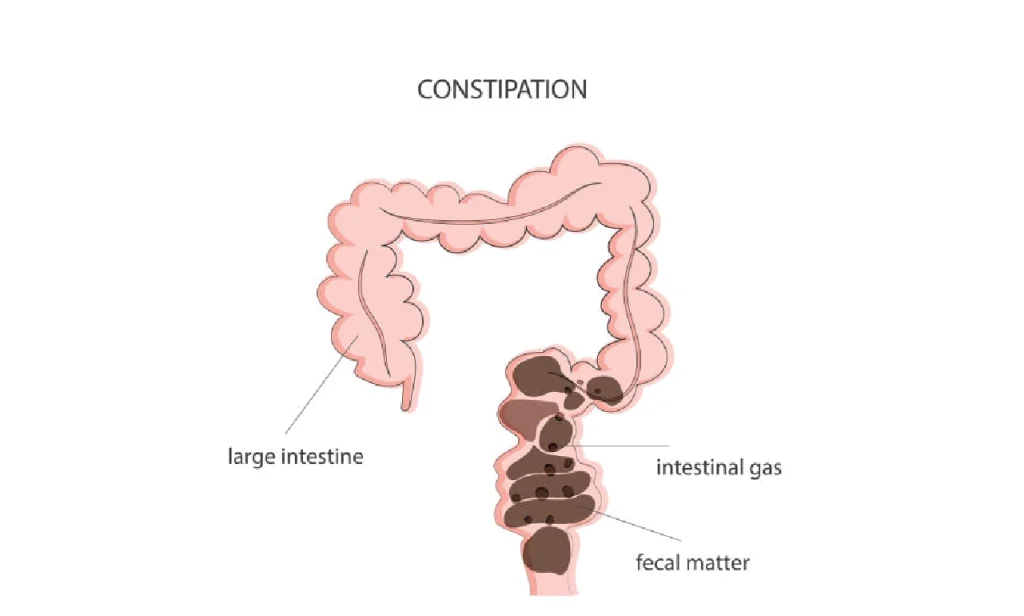
At its core, constipation is the body’s way of signaling a disturbance in the digestive march. It’s when your bowel movements become less frequent, and the stool, that once moved with ease, becomes a stubborn tenant. The symptoms are unmistakable: you may feel bloated, uncomfortable, and have a sensation of incomplete evacuation after a bowel movement. When this becomes a persistent guest in your life, it’s known as chronic constipation, which can lead to a series of digestive woes, from hemorrhoids to an impacted bowel, and can significantly affect your overall well-being.
Chronic constipation doesn’t just cause physical discomfort; it can also be a source of significant stress, affecting mood and daily functioning. It’s a silent disruptor that can alter the harmonious workings of your digestive system, leading to a decrease in the quality of life.
How Can Diet Cause or Worsen Constipation?
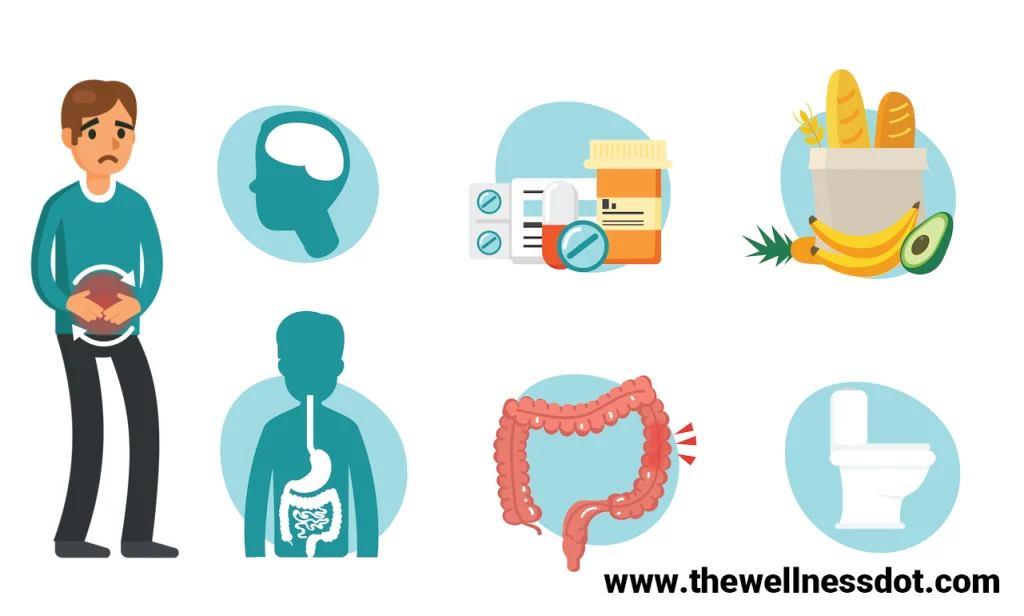
Our diets play a starring role in this digestive drama. Imagine your gut as a bustling city. When everything’s running smoothly, the traffic (or in this case, stool) moves through without a hitch. But when you consume foods low in fiber, it’s like a roadblock has been set up, slowing down the movement and causing congestion — that’s constipation.
Fiber is the unsung hero of bowel regularity; it adds bulk to the stool and acts as a natural brush, sweeping through the intestines with ease. A diet lacking in fiber is one of the primary dietary causes of constipation. But it’s not just about fiber — hydration is equally important. Without enough water, the stool becomes hard and dry, making it a challenge to pass.
Moreover, certain foods can act like a red light in your digestive tract. Heavy, rich foods that are high in fat can take longer to digest, and for some, dairy products might lead to a slowdown in the gut’s workflow. And let’s not forget the role of processed foods, which are often stripped of their natural fiber, contributing to the likelihood of constipation.
Understanding the dietary dos and don’ts can transform your digestive health. It’s about creating a meal plan that’s rich in fiber, balanced with hydration, and mindful of foods that can cause a traffic jam in your intestines. By doing so, you’re not just easing the symptoms of constipation; you’re setting the stage for a healthier, happier gut.
The List of Foods Known to Cause or Worsen Constipation
Red Meat and Constipation
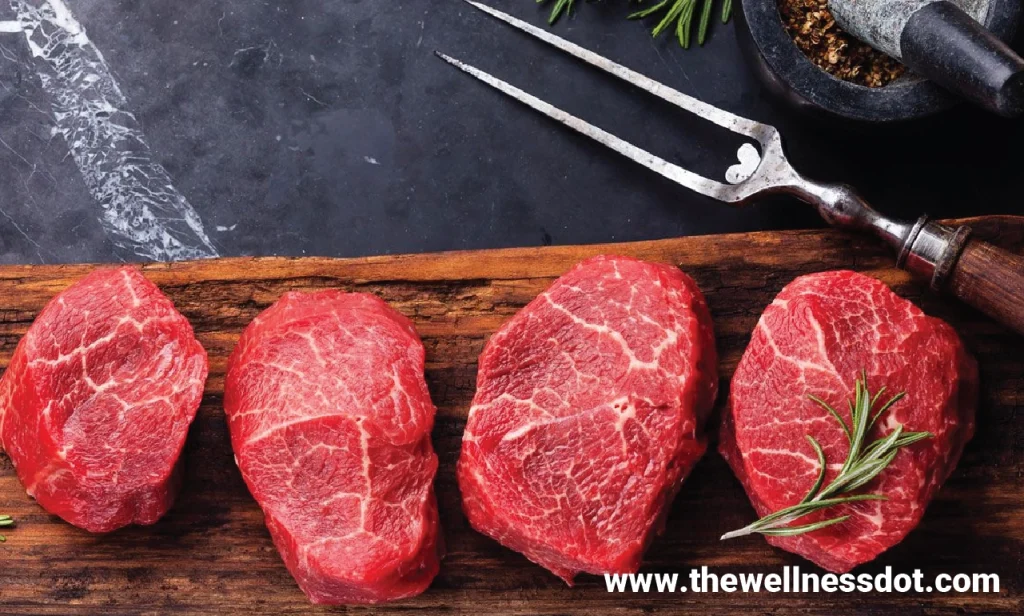
Red meat may be a protein-packed choice for a meal, but it’s also a notorious slow-mover in the digestive tract. Its high fat and iron content can take a toll on your body’s ability to maintain a regular bowel movement schedule. The richness of red meat requires more digestive effort, which can slow down the overall process and lead to constipation.
For those who find red meat bogs down their bowel routine, there are alternatives that can keep the digestive tempo upbeat. Integrating plant-based proteins like lentils, beans, and chickpeas, or switching to leaner meats like poultry or fish, can make a world of difference. These alternatives provide the necessary protein without putting the brakes on your digestion.
Dairy Products: A Common Culprit
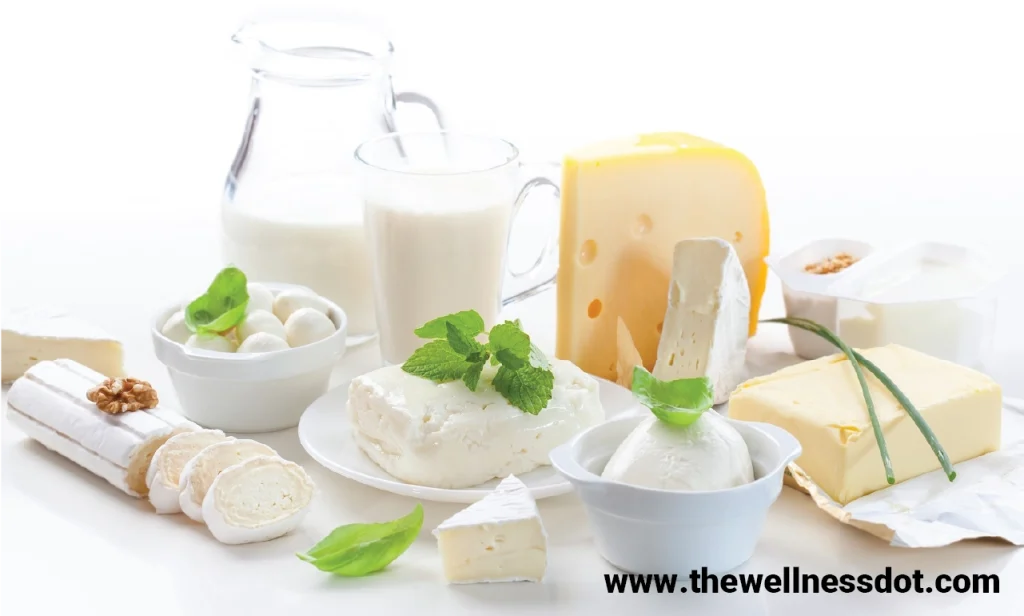
Dairy products, while an excellent source of calcium, can also be a contributing factor to constipation for many. They contain a sugar called lactose, which, when not properly digested, can lead to gastrointestinal issues, including constipation. This is especially true for those with lactose intolerance, where dairy can lead to chronic constipation and discomfort.
If dairy is the suspected cause of your digestive slowdown, consider lactose-free options or dairy alternatives like almond, soy, or oat milk. These can provide the creamy texture you enjoy without the constipating side effects. Additionally, incorporating calcium-rich vegetables like kale and broccoli can help maintain your calcium intake.
Fried Foods and Digestive Health

Fried foods are a guilty pleasure for many, but they’re also high in fat and low in fiber, which is a combination that can contribute to constipation. These foods can be harder for the body to break down and digest, leading to a slower transit time through the digestive system and, ultimately, constipation.
To keep your digestive health on track without sacrificing flavor, try embracing healthier cooking methods such as grilling, baking, steaming, or stir-frying. These techniques help preserve the integrity of your food’s nutrients while avoiding the extra fats that can make constipation worse. Incorporating more whole foods like fruits, vegetables, and whole grains into your meals can also promote better digestion and a happier gut.
Foods to Avoid When Constipated
Identifying Foods That May Cause or Worsen Constipation

When constipation strikes, it’s essential to take a magnifying glass to your diet and identify the usual – and not so usual – suspects that might be slowing down your digestive march. Here’s a list of foods to consider sidelining if you’re experiencing constipation:
- Processed Foods: Often high in preservatives and low in fiber, processed foods can be tough on your digestive system.
- High-Fat Foods: While fat is an essential part of a balanced diet, too much of it can hamper the movement of your intestines.
- Red Meat: It can take longer to digest and may displace high-fiber foods in your diet.
- Dairy Products: For those with lactose intolerance, dairy can lead to bloating and constipation.
- Fried Foods: Delicious but dense, they can slow down your stomach’s emptying rate.
- Sweets and Desserts: High in sugar and fat, and low in fiber, these treats can be delightful but detrimental to digestion.
- Alcohol: It can dehydrate you, making stools harder and more difficult to pass.
- Unripe Bananas: While ripe bananas can help with bowel movements, unripe ones can do the opposite due to their higher starch content.
Understanding which foods to limit can be a game-changer in managing constipation and keeping your digestive system running smoothly.
Understanding Laxatives: Natural vs. Over-the-Counter
When dietary changes aren’t enough to get things moving, laxatives can step in as a temporary aid. However, it’s important to understand the difference between natural laxatives and their over-the-counter counterparts.
- Over-the-Counter Laxatives: These should be used sparingly and only under the guidance of a healthcare provider, as they can sometimes lead to dependency if used too frequently.
- Natural Laxatives: These include high-fiber foods, such as berries, leafy greens, and flaxseeds, which can help form soft, bulky stools. Prunes, with their natural sorbitol content, act as a gentle stool softener and can be a sweet way to ease constipation.
Hydration is also a natural laxative. Drinking plenty of water throughout the day can help soften stools and stimulate bowel movements. Regular physical activity can also keep your digestive system active and efficient.
Remember, when it comes to constipation relief, a holistic approach that combines diet, hydration, and lifestyle adjustments is often the most effective strategy.
How to Help Prevent Constipation Through Diet
Foods to Avoid When Constipated
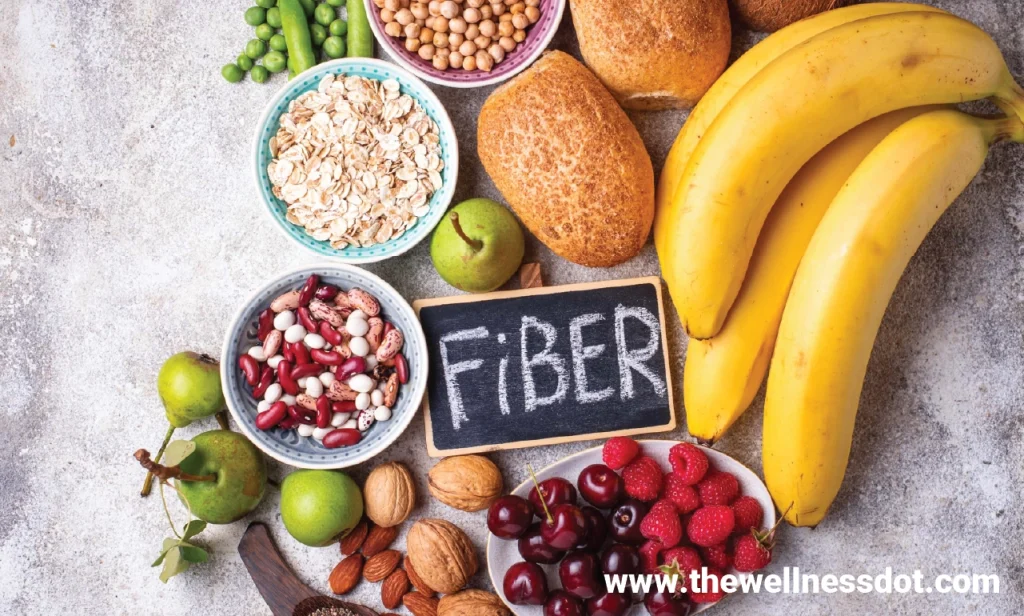
Preventing constipation doesn’t require a radical diet overhaul—often, it’s about making smarter choices with what you put on your plate. Here’s how you can keep things moving smoothly:
- Fiber-Rich Fruits and Vegetables: Nature’s broom, fiber, is found abundantly in foods like pears, apples (with the skin on), berries, oranges, and leafy greens. These foods not only provide roughage to help push waste through the digestive tract but also contain vitamins and minerals that support overall health.
- Whole Grains: Swap out white bread and rice for their whole-grain counterparts like brown rice, quinoa, and whole wheat bread. These grains have more fiber, which can help to increase stool bulk and frequency.
- Legumes: Beans, lentils, and chickpeas are not only high in protein but also packed with fiber. They can be a great addition to salads, soups, and stews.
- Nuts and Seeds: A handful of almonds, chia seeds, or ground flaxseeds can add a fiber boost to your diet and aid in regular bowel movements.
- Prunes and Figs: These dried fruits are well-known natural remedies for constipation due to their high fiber and sorbitol content.
The Importance of Hydration

When it comes to preventing constipation, what you drink is just as important as what you eat. Water is a key ingredient for a well-functioning digestive system. It helps dissolve fiber and allows it to do its job more effectively, softening stool and making it easier to pass. Aim for at least 8 glasses of water a day, and consider the following tips:
- Start Your Day with Water: Drinking a glass of water first thing in the morning can kickstart your digestive system.
- Eat Water-Rich Foods: Incorporate soups, smoothies, and water-rich fruits and vegetables like cucumbers, tomatoes, and melons into your diet.
- Monitor Your Intake: If you’re active or live in a hot climate, you may need more water. Listen to your body and drink when you’re thirsty.
By prioritizing these foods and staying hydrated, you can help maintain a digestive system that runs like a well-oiled machine, keeping constipation at bay and ensuring you feel your best.
Key Takeaways
In our journey through the intricacies of diet and its impact on constipation, we’ve uncovered several key points that can help guide us towards smoother digestive health:
- Fiber is Fundamental: A diet rich in fiber from fruits, vegetables, whole grains, legumes, nuts, and seeds is crucial in preventing and relieving constipation.
- Hydration is Essential: Adequate water intake is necessary to help fiber work its magic, keeping stools soft and easier to pass.
- Mindful Eating Matters: Being aware of foods that can cause constipation, such as red meat, dairy, fried foods, and processed goods, allows you to make better choices to maintain regularity.
- Lifestyle Counts: Alongside diet, regular exercise and proper hydration contribute significantly to preventing constipation.
- Natural Remedies: Before turning to over-the-counter laxatives, consider natural alternatives like prunes, figs, and plenty of fluids to alleviate constipation.
For those seeking immediate relief from constipation:
- Increase Your Fiber Intake Gradually: Add fiber to your diet slowly to avoid gas and bloating.
- Stay Hydrated: Drink water throughout the day, and consider warm liquids in the morning to stimulate bowel movements.
- Get Moving: Physical activity can help stimulate digestion. Even a simple walk can make a difference.
- Try a Fiber Supplement: If dietary changes aren’t enough, a fiber supplement might be helpful. Consult with a healthcare provider for personalized advice.
Remember, while these tips are effective for many, constipation can be a complex issue. If problems persist, it’s important to consult with a healthcare professional to rule out any underlying conditions.
FAQ
What are the symptoms of constipation?
Constipation is characterized by several symptoms that can range from mildly inconvenient to significantly uncomfortable. These include:
- Infrequent Bowel Movements: Less than three times per week is considered infrequent and a common sign of constipation.
- Difficulty Passing Stool: You may have to strain or exert more effort than usual.
- Hard or Lumpy Stool: Stools may be dry, hard, and difficult to pass, often described as lumpy or like pebbles.
- Feeling of Incomplete Evacuation: After a bowel movement, you might feel as if there’s still stool left in the rectum.
- Bloating and Discomfort: Constipation often comes with a feeling of bloating or abdominal discomfort.
- Decreased Appetite: Due to the discomfort and bloating, you may experience a reduced desire to eat.
If you’re experiencing two or more of these symptoms for at least three months, you may be dealing with chronic constipation and should consult a healthcare provider.
Can certain foods help relieve constipation?
Yes, certain foods can be quite effective in relieving constipation, primarily those high in fiber. Fiber helps by adding bulk and softness to the stool, making it easier to pass. Some of the best high-fiber foods for constipation relief include:
- Fruits: Berries, apples, pears, and oranges are not only delicious but also high in fiber.
- Vegetables: Leafy greens, carrots, and broccoli provide roughage and nutrients.
- Whole Grains: Foods like oatmeal, whole wheat bread, and brown rice are better fiber sources than their refined counterparts.
- Legumes: Beans, lentils, and chickpeas are fiber powerhouses and also offer protein.
- Nuts and Seeds: Almonds, flaxseeds, and chia seeds can add fiber and healthy fats to your diet.
Incorporating these foods into your diet can help relieve constipation and promote regular bowel movements.
How can I prevent constipation?
Preventing constipation generally involves a combination of dietary and lifestyle changes:
- Increase Fiber Intake: Aim for 25 to 30 grams of fiber per day from various sources, such as fruits, vegetables, whole grains, and legumes.
- Stay Hydrated: Drink plenty of fluids, especially water and non-caffeinated beverages, to help soften stool.
- Exercise Regularly: Physical activity can increase muscle activity in your intestines, helping to move stool along.
- Establish a Routine: Try to go to the bathroom at the same time each day to help regulate your bowel movements.
- Mind Your Meals: Eat regular meals and take your time chewing to aid digestion.
- Limit Low-Fiber Foods: Cut down on meats, dairy, and processed foods that can exacerbate constipation.
By adopting these habits, you can significantly reduce your risk of constipation and support a healthy digestive system.
Conclusion
As we’ve navigated the complex interplay between diet and digestive health, one truth has emerged with crystal clarity: what we eat significantly impacts our ability to maintain regular bowel movements and prevent the discomfort of constipation.
A diet rich in fiber from a variety of sources, adequate hydration, and mindful eating practices form the cornerstone of not just managing constipation, but also promoting overall digestive wellness. It’s about making informed choices—opting for whole grains over refined ones, reaching for water instead of sugary drinks, and filling our plates with a rainbow of fruits and vegetables.
While occasional constipation can be a common experience, it doesn’t have to become a regular part of your life. By embracing the dietary strategies discussed, such as increasing fiber intake and staying hydrated, you can help ensure that constipation is a fleeting visitor rather than a long-term resident.
Remember, your body is a unique landscape, and what works for one person may not work for another. It’s important to listen to your body’s signals and respond with care. And, if constipation becomes a persistent issue, seeking advice from a healthcare professional is a wise step.
Let’s take this knowledge forward and make choices that support not just a happier gut, but a healthier, more vibrant life.



